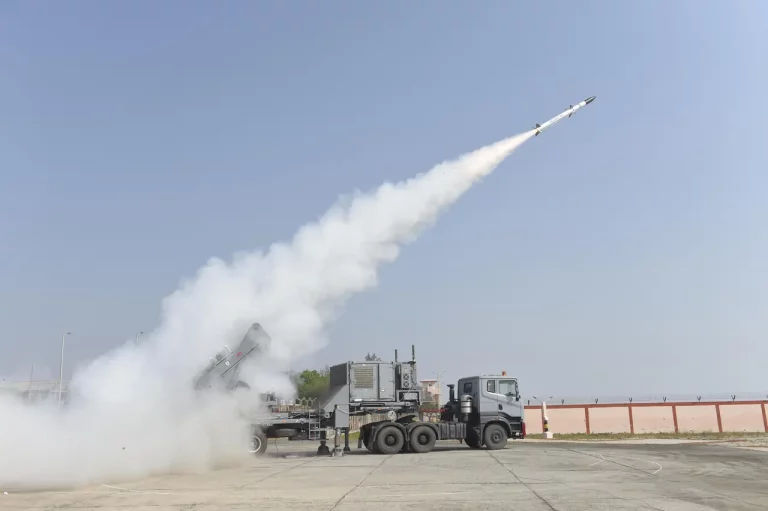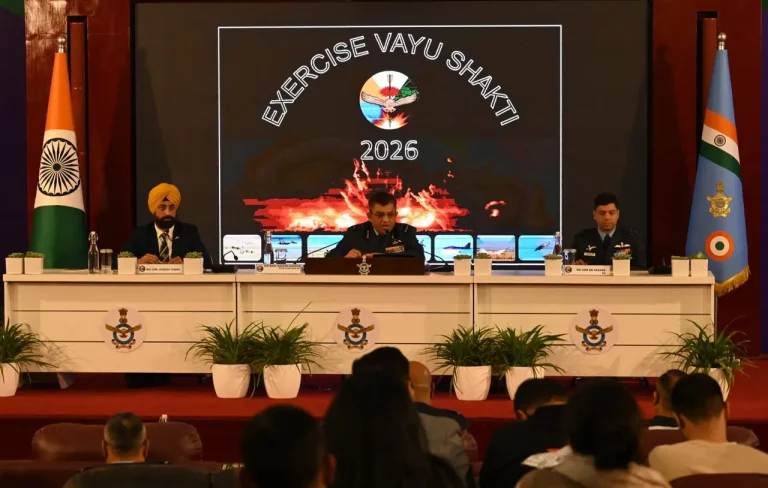In a significant escalation of hybrid warfare in South Asia, state-backed hackers from Pakistan, reportedly with support from Chinese intelligence, executed a sophisticated cyberattack against two pivotal Indian defense institutions—the Military Engineering Services (MES) and the Manohar Parrikar Institute for Defence Studies and Analyses (MP-IDSA). This breach, unveiled on May 5, 2025, has raised alarms within India’s strategic and defense communities, highlighting the increasing digital threats to the country’s military infrastructure.
Sources from official and intelligence circles indicate that the attackers managed to penetrate classified networks, risking the exposure of sensitive data pertaining to military engineering projects and defense research. The MES is crucial for developing infrastructure for the Indian armed forces, while the MP-IDSA is a key defense think tank that influences vital policy decisions. The compromise of these institutions reveals significant vulnerabilities in India’s cybersecurity framework, despite ongoing modernization efforts.
This incident is part of a broader and intensifying pattern of cyber warfare involving India, Pakistan, and China. A 2023 study published on ResearchGate detailed the escalating digital conflict in the region, emphasizing that Pakistan has markedly bolstered its cyber warfare capabilities, often leveraging Chinese assistance to balance against India’s technological superiority and regional dominance.
In response to such threats, India has been actively enhancing its cyber defenses. In 2021, the Indian Army established a quantum computing lab at the Military College of Telecommunication Engineering in Mhow, Madhya Pradesh, focusing on advancements in quantum cryptography. Additionally, cybersecurity labs and state-of-the-art cyber ranges have been created to train personnel in countering cyber threats. Nonetheless, the recent breach underscores existing gaps and the sophistication of evolving cyber threats facing the nation.
The confirmed involvement of Chinese intelligence in assisting Pakistani cyber operatives marks a troubling trend. Historical reports, including a 2016 exposé by India Today, have chronicled repeated cyberattacks on Indian military networks by groups based in China and Pakistan. In response to these challenges, India has established specialized cyber units under Military Intelligence, although their effectiveness is being questioned once again following this breach.
The attack has elicited strong reactions from defense experts and policymakers, many of whom are advocating for a more proactive cybersecurity strategy and the formulation of clearer frameworks to define and deter cyberwarfare. Some analysts are arguing that attacks of this nature, due to their strategic implications, should be classified as acts of war.
Comparisons are being drawn to the 2022 Russian cyberattacks on Ukrainian military routers, which critically disrupted battlefield communications. As the landscape of global cyber warfare continues to evolve, the Indian defense establishment is confronting a stark realization: the protection of the nation’s digital borders is now as essential as safeguarding its physical frontiers.





